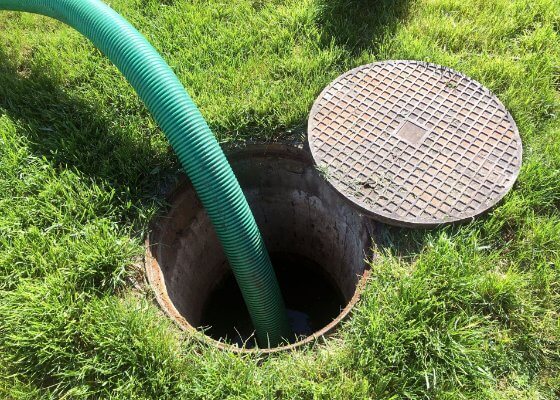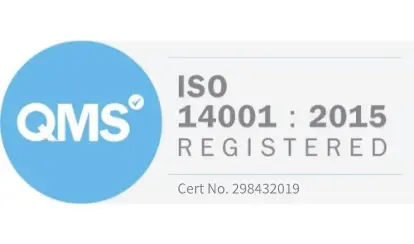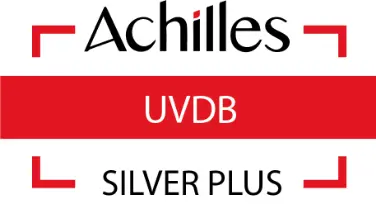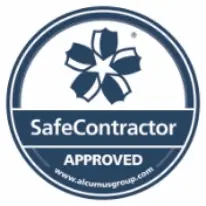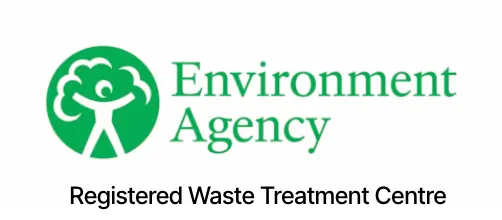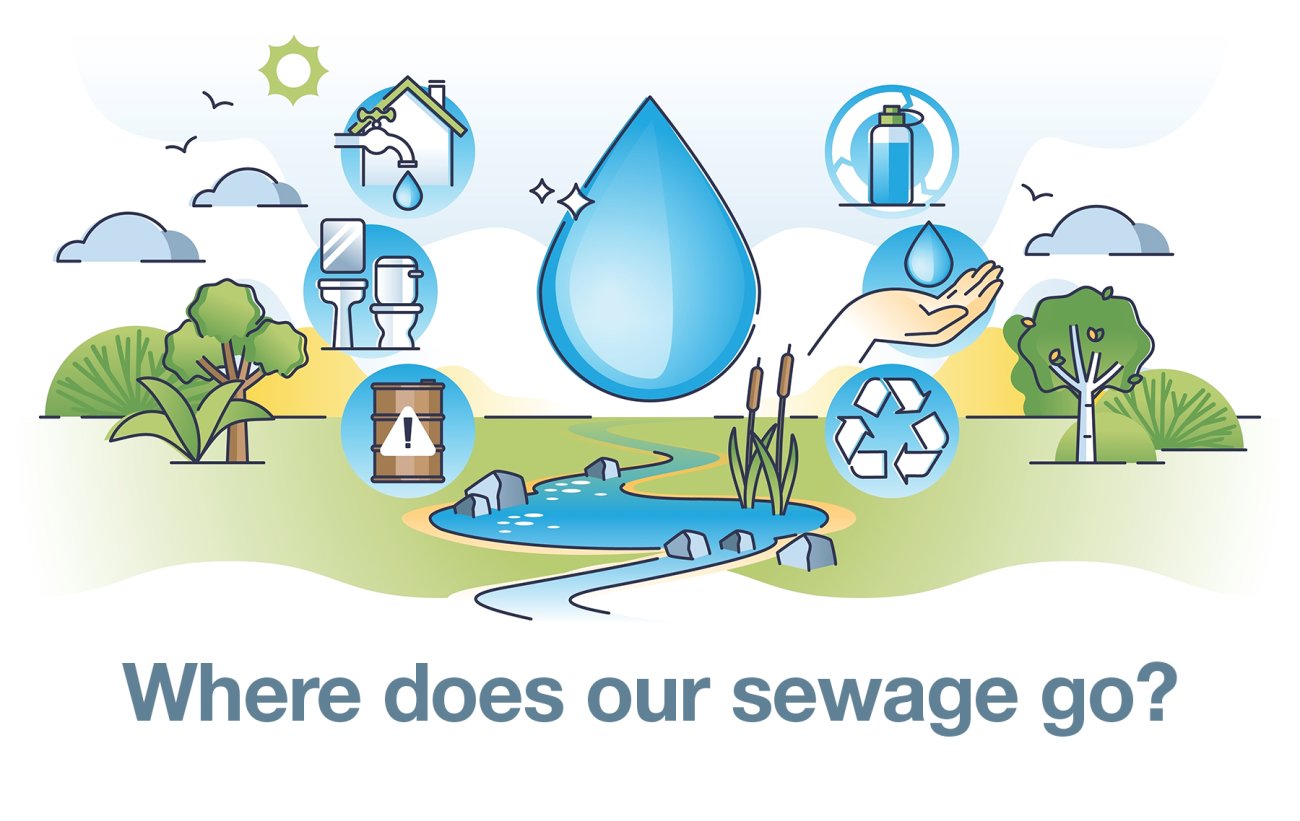
All sewage in the UK legally has to go to a commercial sewage treatment plant where it is treated and then the clean water returns to the watercourse. Sewage contains a variety of contaminants, including organic matter, pathogens, nutrients, and potentially harmful chemicals, which need to be removed before the water can be safely released. This happens in a commercial sewage treatment plant, the sewage arrives at the treatment plant via the nationwide sewer infrastructure or via a liquid waste haulier.
What is a Commercial Sewage Treatment Plant?
It is a place that sewage and other forms of wet waste goes to in order to be made clean. Most of the commercial sewage treatment plants in the UK are owned by the water companies like Wessex Water, Thames Water, Severn Trent, etc.
These water utility companies are regulated by the Environment Agency who give them permits to operate. Commercial sewage treatment plants require a large geographical footprint and cost hundreds of millions of pounds to build as well as a lot of ongoing management and maintenance costs.
How Does a Commercial Sewage Treatment Plant Work?
Firstly, the liquid waste passes through a series of screens which remove anything that can’t be removed by biological and chemical treatment. An example of this would be tampons, clothes, stones and wood. This waste will eventually be taken to landfill.
Once these items have been removed the waste then goes on to the next stage of the commercial sewage treatment plant. The waste passes through a series of different chambers where different natural processes engage in removing the toxins from the waste.
One of the methods used is to allow different types of bacteria into the waste; these bacteria then eat up the toxins and other nasties in the waste. Another method is to pump oxygen into the waste which also helps to clean the waste.
Outputs of the Treatment Process
At the end of the process the commercial sewage treatment plant is left with a variety of different outputs. The most important of which is clean water which discharges the clean water into the local watercourse; this may be a river or a stream or the sea.
This water is now harmless and poses no risk to the environment. The other main output is called 'cake' (also known as bio solids), which is a solid sludge that is a good form of natural fertiliser, soil conditioner and an excellent source of organic matter which can be spread onto agricultural land. This helps to improve the circular economy and reduces the amount of waste going to landfill.
Andersons Waste Management Services
Andersons Waste Management is a liquid waste haulier with an exceptional fleet of tankers and drivers based in the Bristol area, but we operate all around the South West. We are open 24/7 and can take your liquid waste to a commercial sewage treatment plant where it can be properly treated. Once we collect the waste from your site it becomes our responsibility, and we provide waste transfer notices to ensure we are compliant with the Environment Agency and the local water authority.

